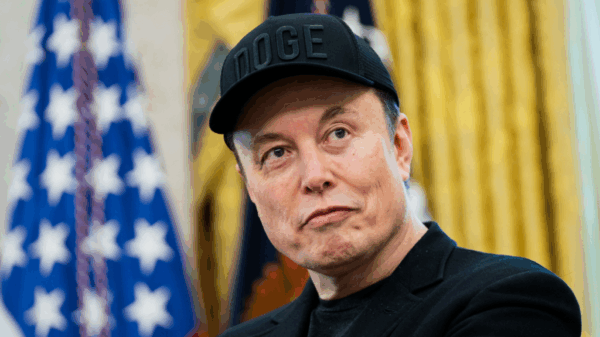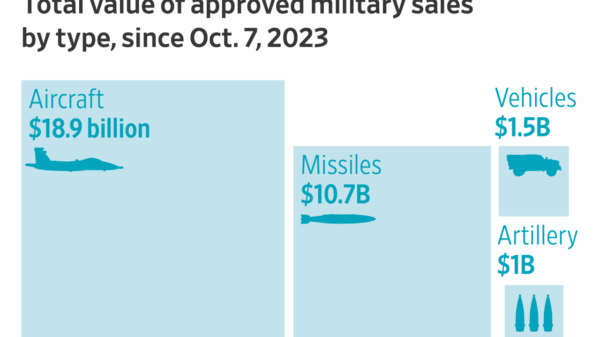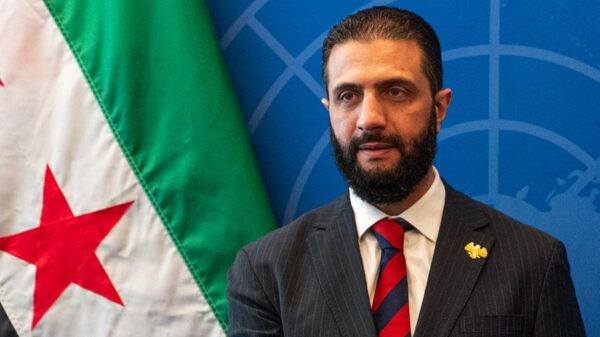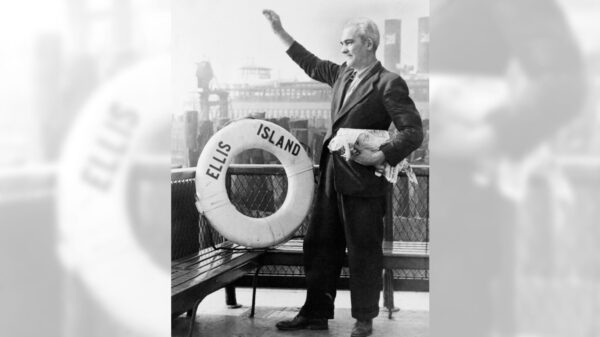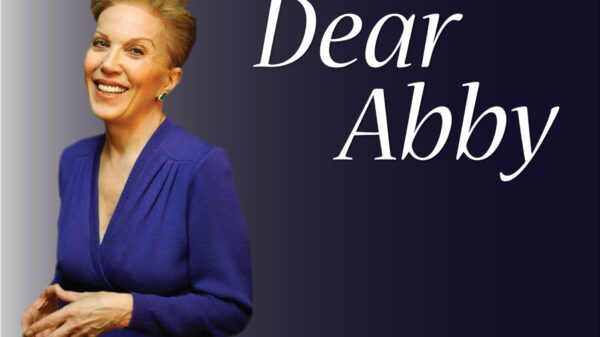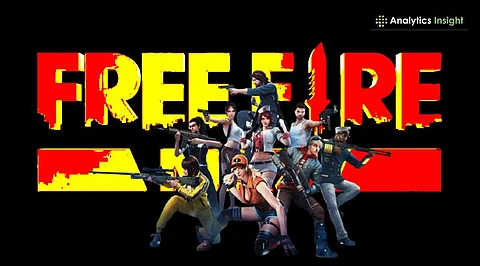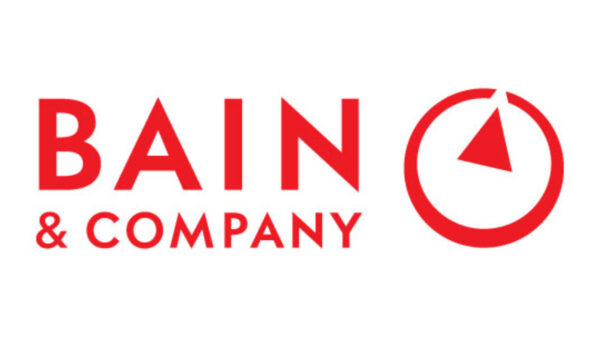The assassination of prominent conservative activist Charlie Kirk has ignited a heated debate over the limits of free speech and the responsibilities of private organizations in the United States. Kirk, known for his polarizing views and advocacy for the First Amendment, was shot dead on November 2, 2023, while promoting constitutional freedoms. This tragic event raises important questions regarding how free speech should be interpreted and what role employers play in endorsing or disavowing controversial opinions.
The First Amendment provides protection against government actions that would punish individuals for their speech. However, it does not compel private entities to support or amplify every viewpoint expressed by their employees or affiliates. In this context, the distinction between government regulation and private organizational policies is crucial. Celebrating Kirk’s death as a victory for free speech not only undermines the principles of a democratic society but also erodes the necessary civic discipline that such a society requires.
In the aftermath of Kirk’s assassination, reactions have varied widely. Supporters have mourned his death and emphasized the need for robust discussions about freedom of speech. Critics, however, have taken the opportunity to express their disdain for his views, leading to a troubling narrative that equates the act of free speech with endorsement of behavior that many find objectionable. This raises an essential question: should private organizations feel obligated to support or condemn an individual’s speech, particularly when it stirs controversy?
The reality is that private organizations operate within a framework of values and beliefs that may not align with every individual associated with them. Employers have the right to determine their own standards of conduct and the messages they wish to promote. When public figures, such as Kirk, encourage discourse that is divisive, organizations must navigate the fine line between supporting free expression and maintaining a healthy workplace environment.
While the First Amendment protects individuals from government censorship, it does not shield them from the consequences of their speech within the private sector. Organizations are increasingly faced with challenges regarding how to manage speech that may conflict with their mission or values. The pressure to take a stand can be immense, especially when public opinion shifts rapidly in the digital age.
As society grapples with these complex issues, it is essential to recognize the broader implications of celebrating or vilifying those who exercise their right to speak. The act of disparaging an individual for their beliefs, particularly after a violent incident like Kirk’s assassination, can set a dangerous precedent. It risks creating an environment where individuals may feel discouraged from expressing their opinions, ultimately stifling the very freedoms that the First Amendment seeks to protect.
In conclusion, the question of whether employers should endorse particular views is not merely a legal matter but a moral one as well. The responsibility to foster an environment of open dialogue while upholding individual rights lies at the heart of a healthy democracy. Balancing these competing interests is a challenge that requires careful consideration, especially in a time when the lines between free speech and social accountability are increasingly blurred.





